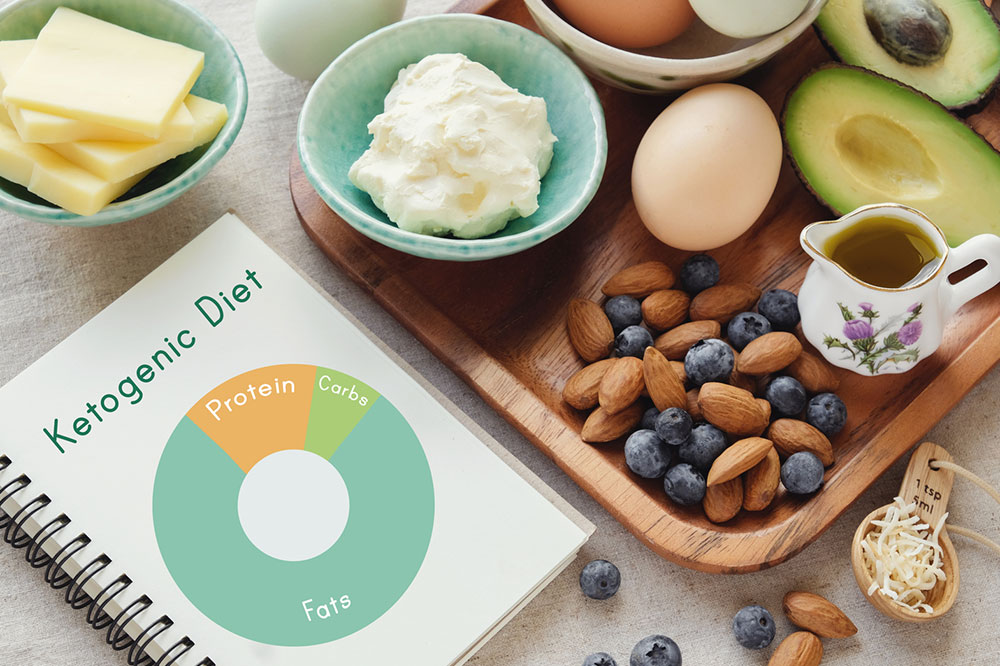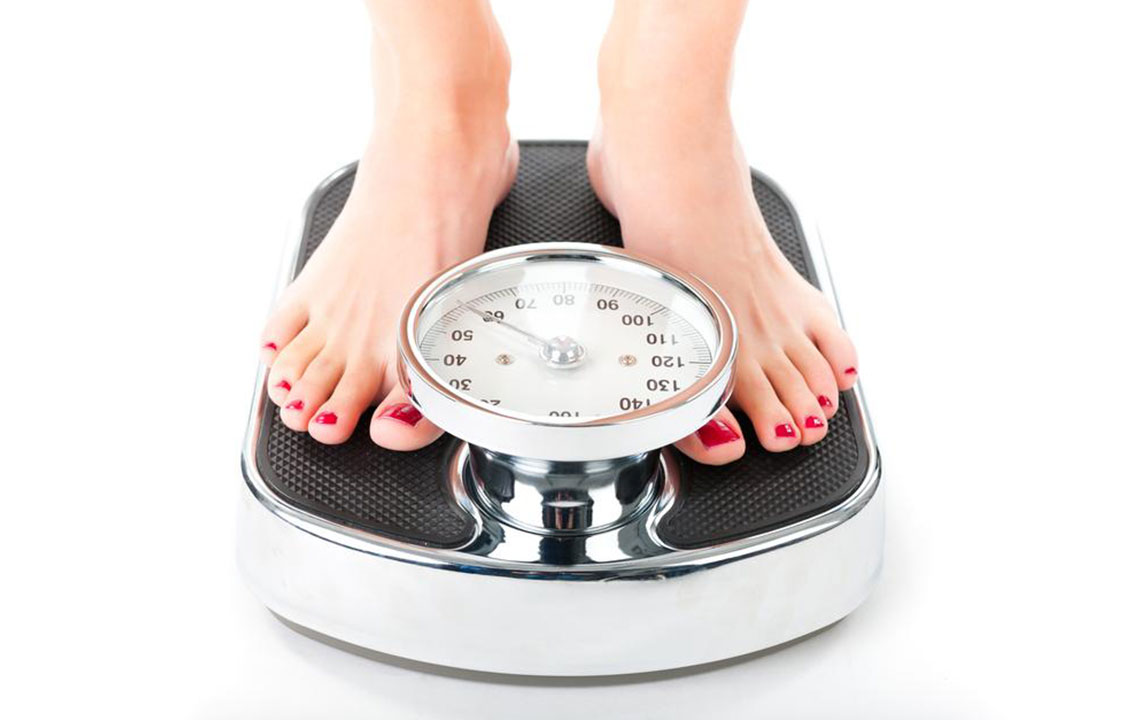Benefits and Drawbacks of the Ketogenic Diet
Explore the advantages and disadvantages of the ketogenic diet, including its impact on health, weight loss, and potential nutrient deficiencies. Understand the importance of medical guidance before adopting this high-fat, low-carb regimen for better health management.

Benefits and Drawbacks of the Ketogenic Diet
The ketogenic diet has recently gained popularity, appearing in recipes, food labels, and online discussions. It stands out because of its unique food composition, emphasizing high-fat and low-carb foods. This diet reduces carbohydrate intake and replaces it with fats, pushing the body into a metabolic state called ketosis. In ketosis, the body efficiently burns fat for energy. Liver fats are converted into ketones, which fuel the brain. Initially used to manage seizures, the keto diet has shown benefits like improved metabolic health, reduced blood pressure, and better weight management. It also lowers glucose levels, helping control diabetes.
Pros of the keto diet
This diet initially helped treat epilepsy and continues to aid in reducing seizures. It promotes fat oxidation, contributing to weight loss and improved metabolic markers like lower triglycerides, cholesterol, and insulin resistance.
Lower carbohydrate consumption decreases glucose levels, potentially aiding in diabetes management.
Cons of the keto diet
Eliminating entire food groups like grains and fruits can lead to nutrient deficiencies if not properly managed. It’s essential to include foods rich in minerals, fiber, and vitamins such as vegetables, seafood, meats, and selected legumes.
During the transition, individuals might experience symptoms like irritability, headaches, hunger, brain fog, nausea, and fatigue, known as the keto flu. Many find it challenging to sustain a high-fat, limited-food diet, facing temptations to indulge in prohibited foods like desserts, rice, and fruits.
Reduced fiber intake due to fewer fruits and grains can affect gut health. Long-term adherence may increase risks of osteoporosis, kidney stones, and elevated blood uric acid. Consulting a healthcare professional before starting the keto diet is highly recommended.









